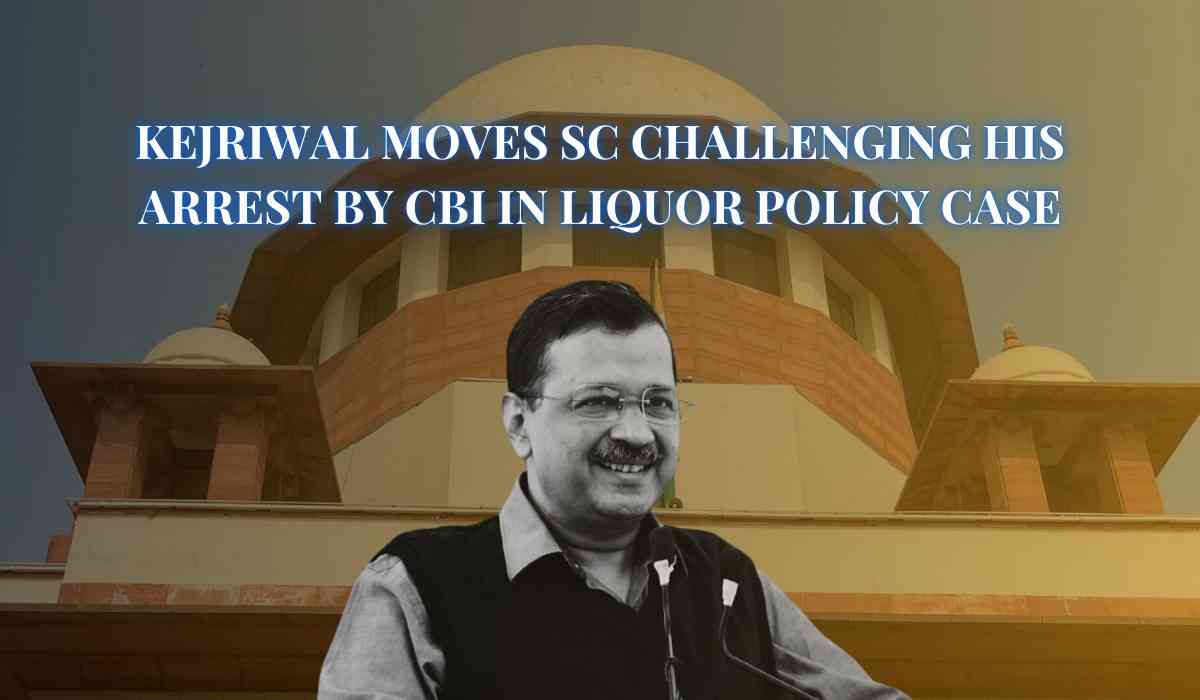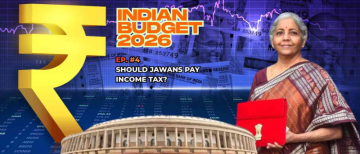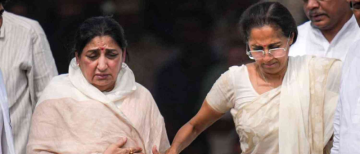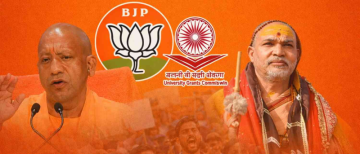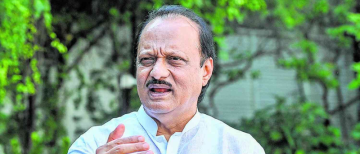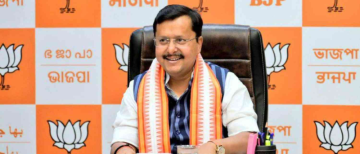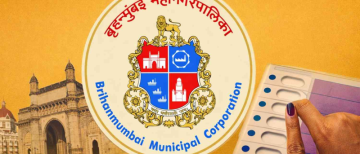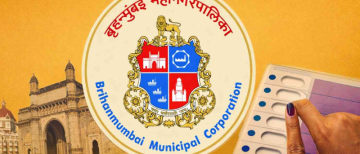Delhi Chief Minister and Aam Aadmi Party (AAP) leader, Arvind Kejriwal, finds himself entangled in a complex legal struggle as he challenges his arrest by the Central Bureau of Investigation (CBI) in connection with the Delhi Liquor Policy case. This legal saga has seen Kejriwal moving from one court to another, seeking relief from various charges leveled against him. This article delves into the intricate details of Kejriwal's ongoing legal battle, the arguments presented by both sides, and the potential implications of this high-profile case.
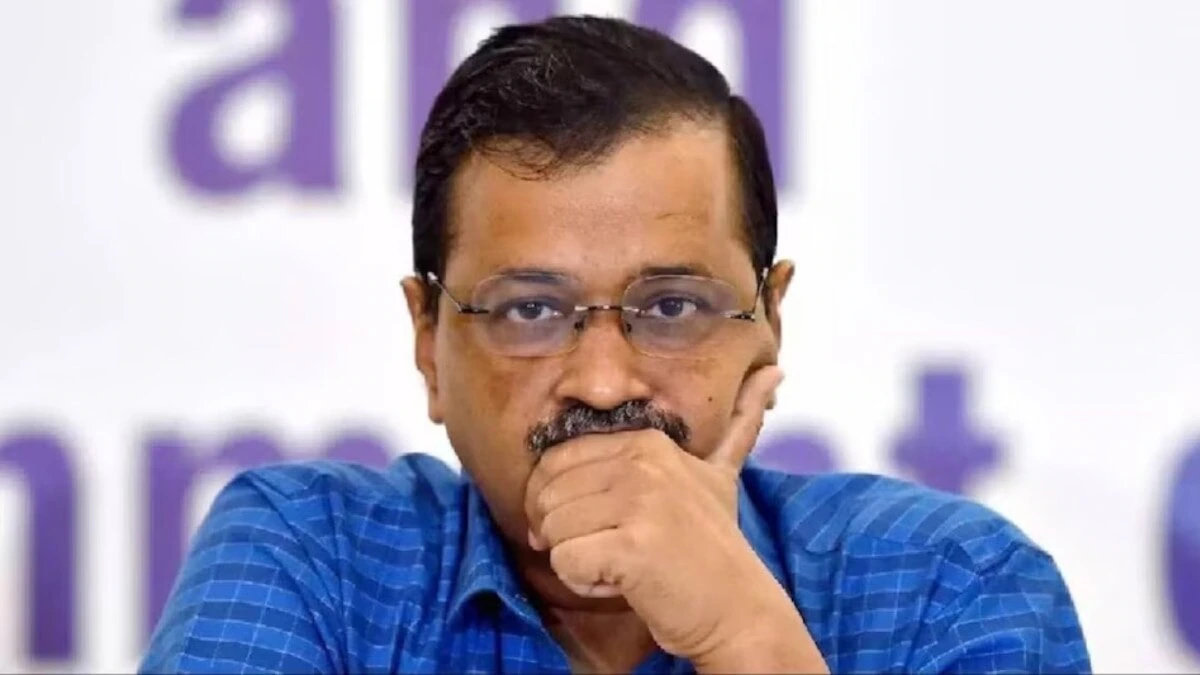
Kejriwal's Plea to the Supreme Court
- Challenging the Delhi High Court Order
Arvind Kejriwal recently approached the Supreme Court to contest the Delhi High Court's decision on August 5, 2024. The High Court had dismissed his plea against the CBI arrest, allowing him the liberty to seek bail from the trial court. Kejriwal's legal team, led by Senior Advocate Abhishek Manu Singhvi, requested an urgent hearing from Chief Justice of India (CJI) DY Chandrachud. The CJI agreed to examine the request and assign a date for the hearing.
- Background of the Arrest
The CBI formally arrested Kejriwal on June 26, 2024, while he was already in custody of the Enforcement Directorate (ED) for a related money laundering case. Despite being granted interim bail by the Supreme Court on July 12, 2024, in the ED case, Kejriwal remained in judicial custody due to his arrest by the CBI. His legal team subsequently filed a petition with the Delhi High Court, which led to the current appeal before the Supreme Court.
Proceedings Before the Delhi High Court
- Arguments from Kejriwal's Counsel
During the hearings in the Delhi High Court, Senior Advocate Abhishek Manu Singhvi labeled the CBI's arrest as an "insurance arrest," implying it was a strategic move following the Supreme Court's grant of interim bail in the ED case. Singhvi argued that the liquor policy was not solely Kejriwal's responsibility, as it was also signed by the then Lieutenant Governor (LG) Anil Baijal. Singhvi contended that if Kejriwal was to be held accountable, so should the former LG and the bureaucrats involved in the decision-making process.
- Counterarguments by the CBI
On the other hand, CBI Special Public Prosecutor DP Singh countered that Kejriwal was the mastermind, or "sutradhar," behind the entire scam. Singh asserted that there was direct evidence linking Kejriwal to the alleged corruption. The CBI also emphasized that the trial court had already ruled the arrest legal, dismissing the notion that the arrest was merely an insurance policy against the Supreme Court's interim bail in the ED case.
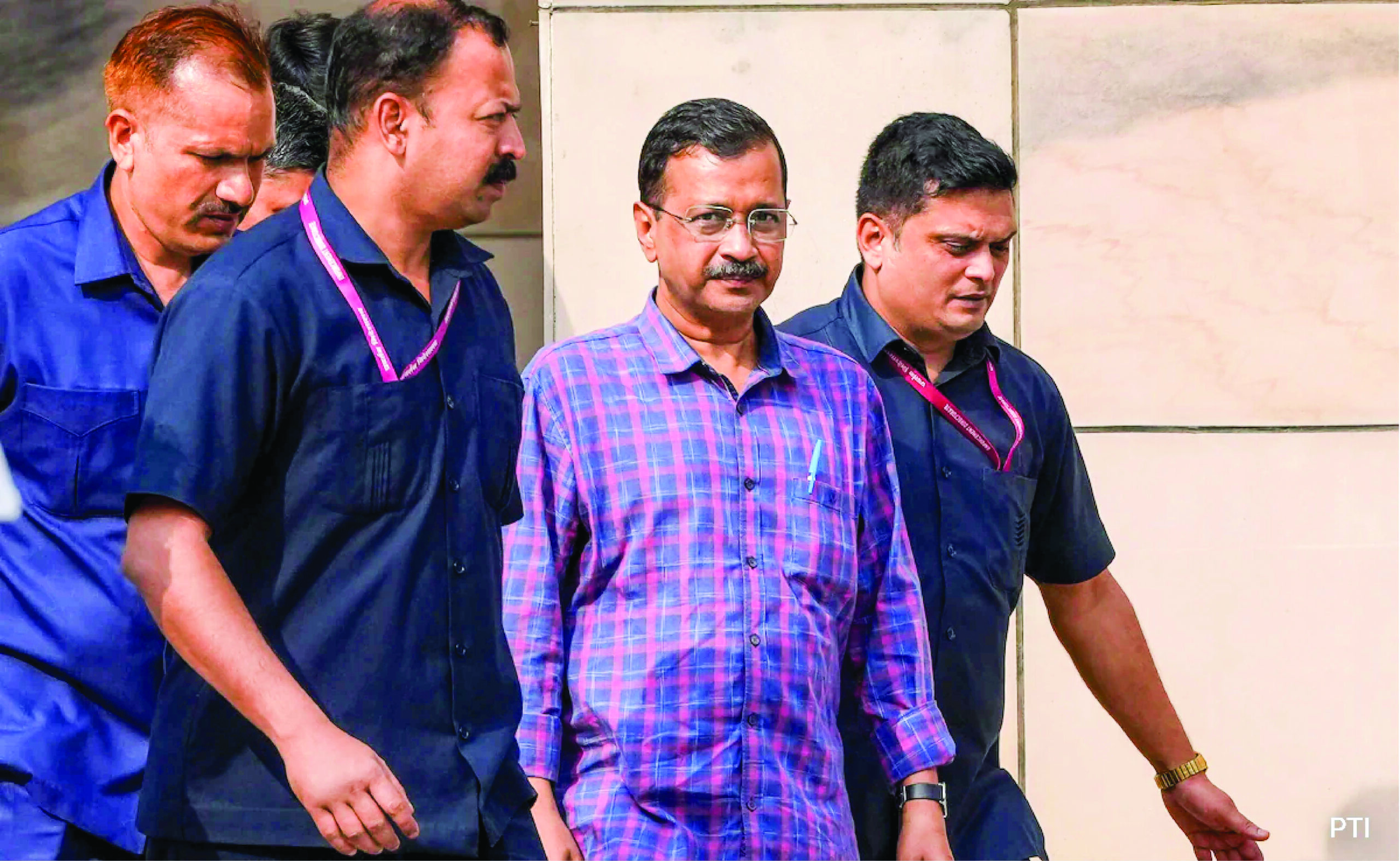
The Supreme Court's Role and Interim Bail
- Interim Bail and Legal Precedents
On July 12, 2024, the Supreme Court granted Kejriwal interim bail in the money laundering case, which was tied to the broader liquor policy scam. The bench of Justices Sanjiv Khanna and Dipankar Datta referred the question of whether the necessity of arrest should be a condition under Section 19 of the Prevention of Money Laundering Act (PMLA) to a larger bench. This legal question is central to Kejriwal's ongoing fight against the ED's and CBI's actions.
- Kejriwal's Argument Against ED
Kejriwal's legal defense, led by Singhvi, has consistently questioned the timing and necessity of his arrest by the ED. The defense argued that the ED had withheld crucial material that could favor Kejriwal. The Supreme Court, during the interim bail hearings, also questioned the timing of the arrest, noting that the Enforcement Case Information Report (ECIR) was registered in August 2022, yet Kejriwal was arrested only about 18 months later, just before the elections.
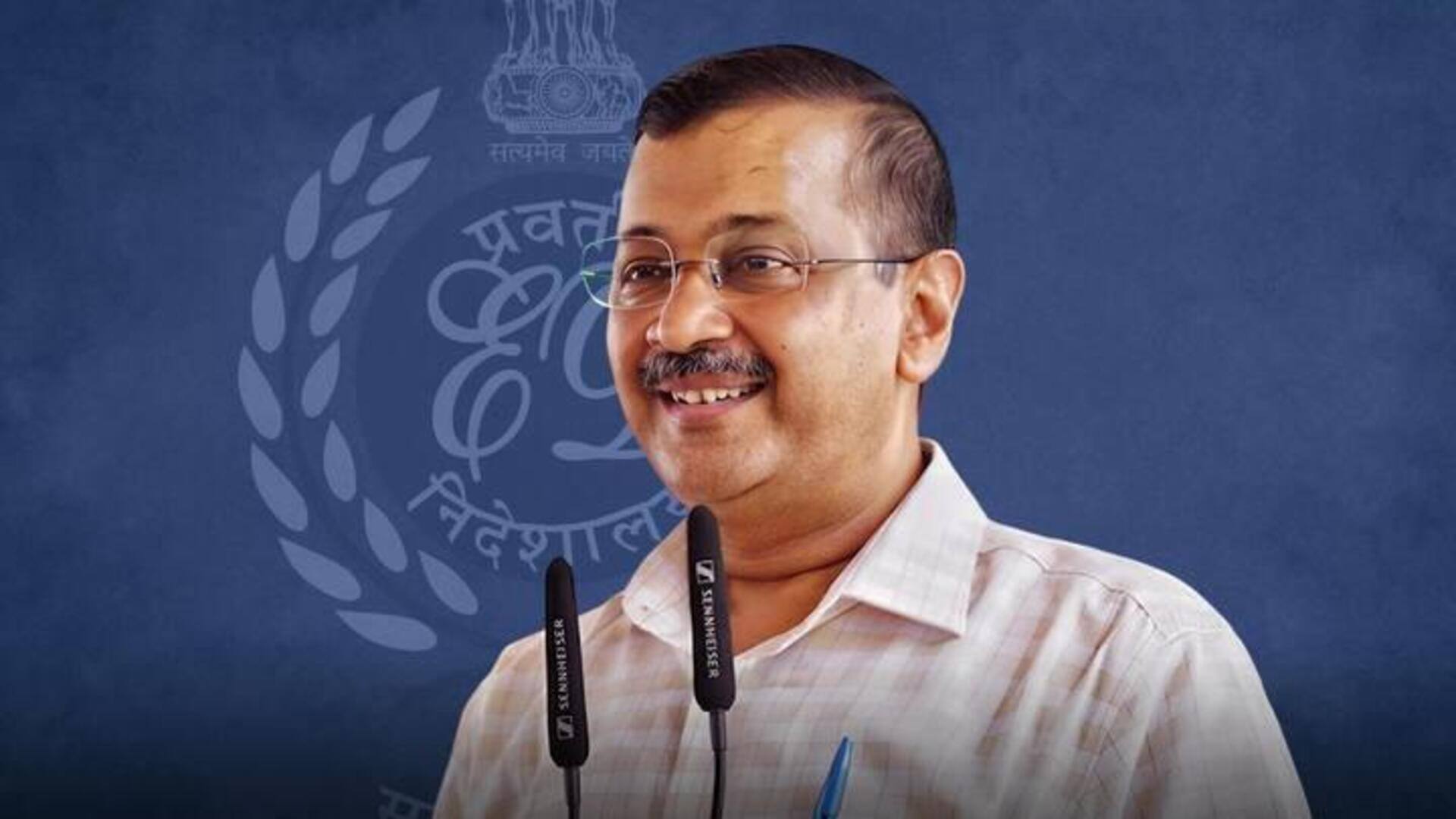
The Larger Context: ED and CBI Investigations
-
ED's Allegations
The Enforcement Directorate has accused Kejriwal of demanding Rs. 100 crores, allegedly funneled to AAP for election expenses in Goa. The ED's case asserts that Kejriwal played a pivotal role in formulating the controversial excise policy, making him both vicariously and directly liable for the alleged corruption.
- CBI's Stand
The CBI, in its investigation, has focused on Kejriwal's alleged involvement as the orchestrator of the scam. The agency maintains that despite multiple legal challenges, no court has observed any violations in their arrest and investigation process.
Arvind Kejriwal's legal battle is far from over, with multiple layers of legal arguments and counterarguments playing out in various courts. The Supreme Court's upcoming hearing will be crucial in determining the trajectory of this case, especially concerning the broader implications for political accountability and legal precedents under the PMLA. As the case progresses, it will continue to be a focal point in the intersection of law, politics, and governance in India.
With inputs from agencies
Image Source: Multiple agencies
© Copyright 2024. All Rights Reserved Powered by Vygr Media.

